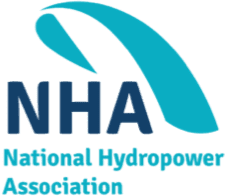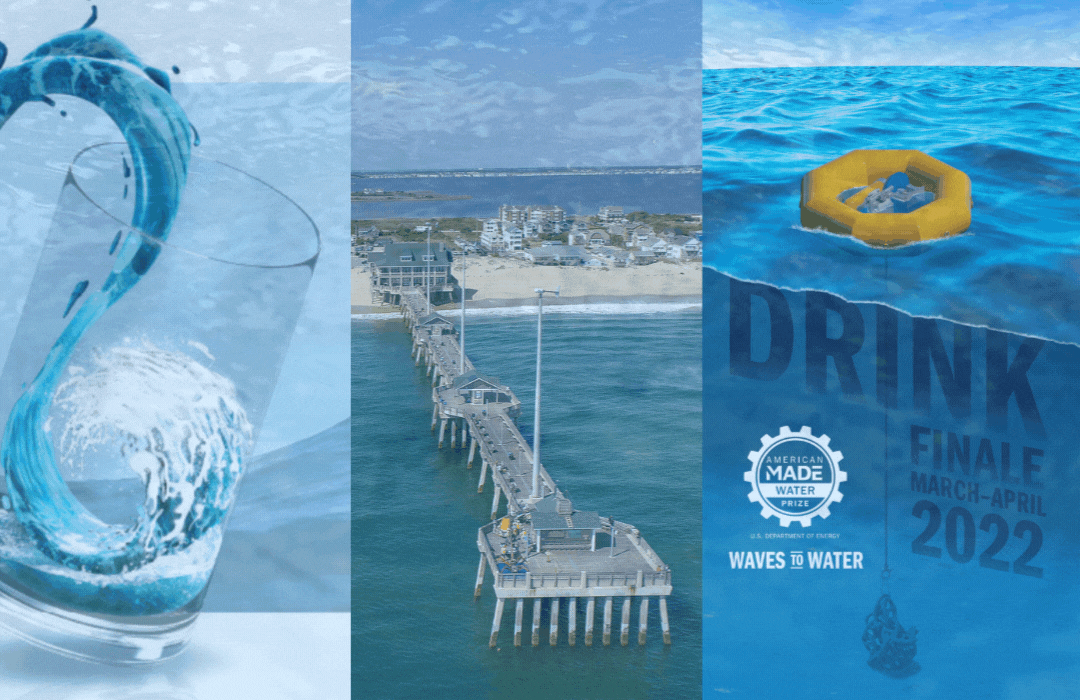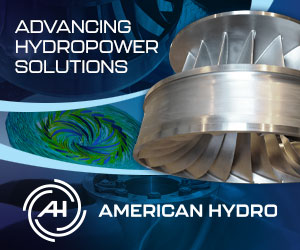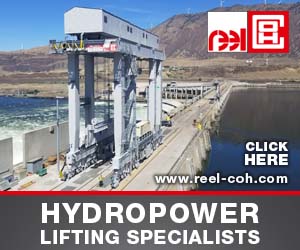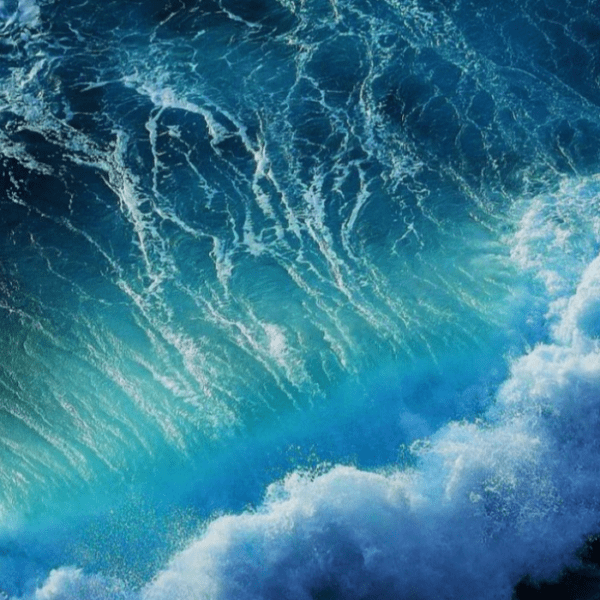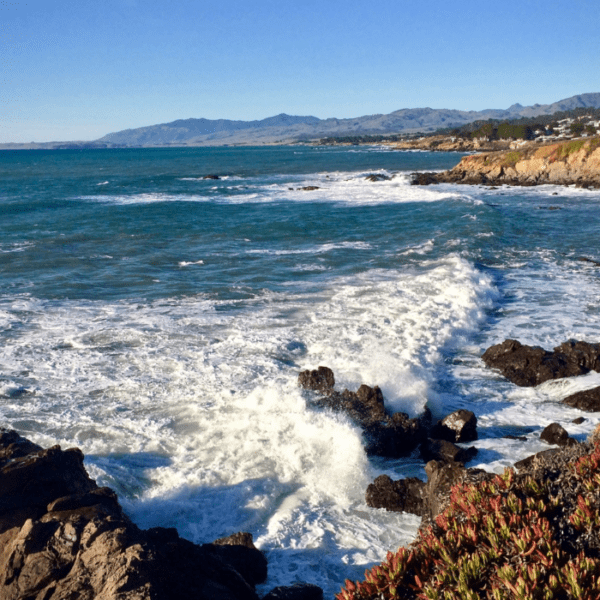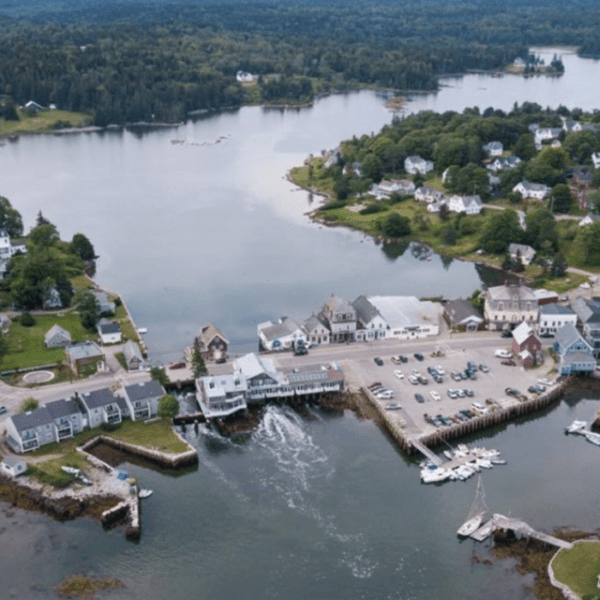This week, four technology developers are gathering at North Carolina’s Outer Banks to begin showcasing their wave-powered water makers. Sometime in the next few weeks (depending on the weather), their desalination devices will set sail in the waters surrounding Jennette’s Pier, where their prototypes will be anchored and tested for up to five days.
These inventors are finalists in the Waves to Water prize. The U.S. Department of Energy’s (DOE’s) Waves to Water Prize is a five-stage, $3.3 million contest that aims to accelerate innovation in small, modular, wave-powered desalination technology capable of producing clean water in disaster and recovery scenarios, as well as in water-scarce coastal and island locations.
The prize will conclude in April 2022 with the DRINK Finale—a five-day, in-water test, at which point finalists will demonstrate their systems and compete for a chance to win part of the $1 million prize pool.
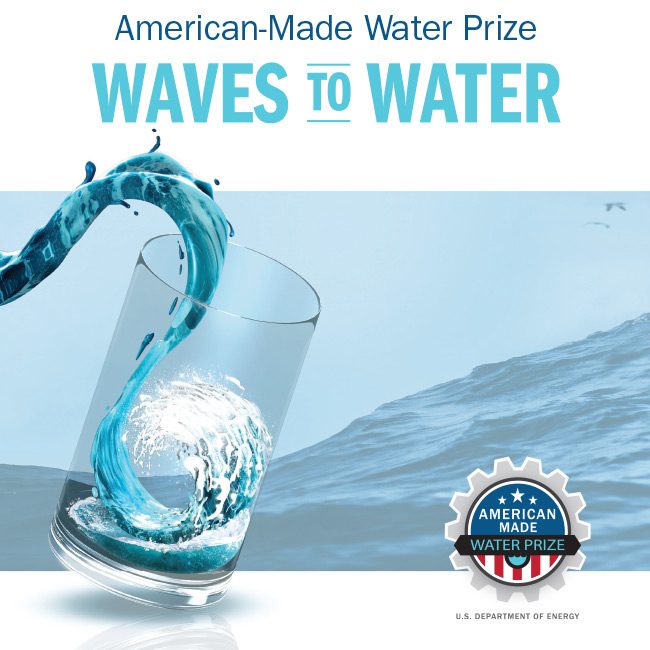
THE DEEP DIVE
Since its opening, the prize has provided innovators a pathway from initial concept to technical design, to prototyping.
Now, in the prize finale, DRINK Stage finalists will test their systems at Jennette’s Pier to see how much clean drinking water these prototypes can provide using only waves as a power source.
With one grand prize and four performance-based prizes up for grabs, the DRINK Finale will provide teams the opportunity to successfully demonstrate brand-new innovations in marine energy and desalination technologies.
The DRINK Stage finalists joined Waves to Water in 2019, during the prize’s first stage, CONCEPT. Since then, teams have been working to perfect their technologies and prepare for this moment. Nearly three years of hard work pays off, with each of the following devices weathering the waves of the Atlantic Ocean:
- Team MarkZero Prototypes’ rapidly deployable Freshwater Production System is uniquely designed to meet the changing ocean conditions. The onboard, reverse-osmosis system turns salt water into fresh water.
- Team Oneka Technologies’ Snowflake is easy to install and adaptable to most ocean conditions, the Snowflake has the potential to produce up to 10,000 liters of clean water per week.
- Team Project 816’s Ballast, Buoys, and Borrowing from Archimedes device can be deployed by just two people with basic tools. The raft-based wave– energy converter powers a land-based desalination system.
- Team WATER BROS’ Wave Actuated, Tethered, Emergency Response, Buoyant Reverse Osmosis System (WATER BROS) is a wave-powered device optimized for emergency response. The WATER BROS system is rapidly deployable, low cost, and highly resilient.
Over the past three years, competitors have received generous sponsorships from the International Desalination Association, Wood Next Foundation, Janicki Industries, and the Creative Destruction Lab who have provided services to support these innovations. Sponsors have assisted with mentorship, technical training seminars, design for manufacturability consultations, monetary support, and building connections between participants and the larger desalination community.
WHY IT MATTERS
The U.S. Department of Energy’s Water Power Technologies Office launched the prize, which is administered by the National Renewable Energy Laboratory (NREL) in partnership with the Coastal Studies Institute, in response to the need for new technologies that can provide safe drinking water to many communities around the world.
In the 21st century, up to two-thirds of the global population will live in water-poor regions where water demand outstrips supply. Today, more than 1 billion people experience water scarcity and security issues and a significant portion live in coastal and remote island locations. These communities are particularly vulnerable to the effects of climate change, and innovative wave energy-powered desalination systems can help support their resilience and recovery in the face of worsening natural disasters.
The Waves to Water Prize finalists are contributing to building resiliency in coastal locations by accelerating technological advancement in small, modular, wave energy-powered desalination systems that could eventually help provide potable water to communities in need.
When scaled up, this technology has the potential to provide clean drinking water during disaster recovery scenarios and for remote and coastal communities. Competitors’ cutting-edge innovations show promise in helping address coastal resiliency challenges.
WHAT’S NEXT
With help from the Coastal Studies Institute, Waves to Water Prize finalists will send off their wave-powered desalination prototypes for in-water testing at Jennette’s Pier in North Carolina.
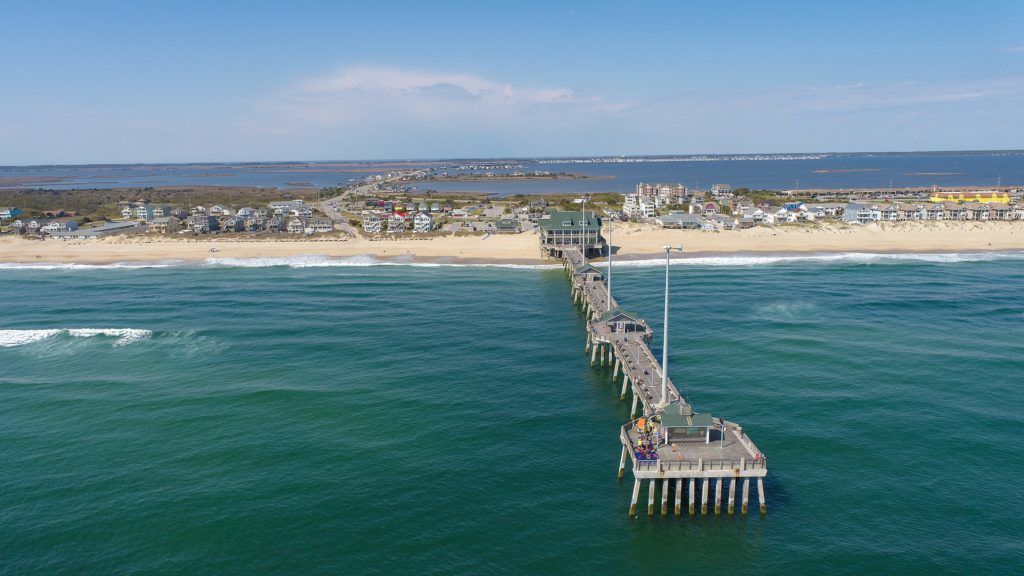
The public is invited to join prize finalists in North Carolina’s Outer Banks for the long-awaited DRINK Finale, where competitors will demonstrate their wave energy powered desalination systems for the chance to win part of the $1 million cash prize pool. Starting in late March, events will take place over a 3-week period, including device viewings, in-water testing, and celebratory activities.
Learn more about the Waves to Water Prize and follow along with the DRINK Finale.

